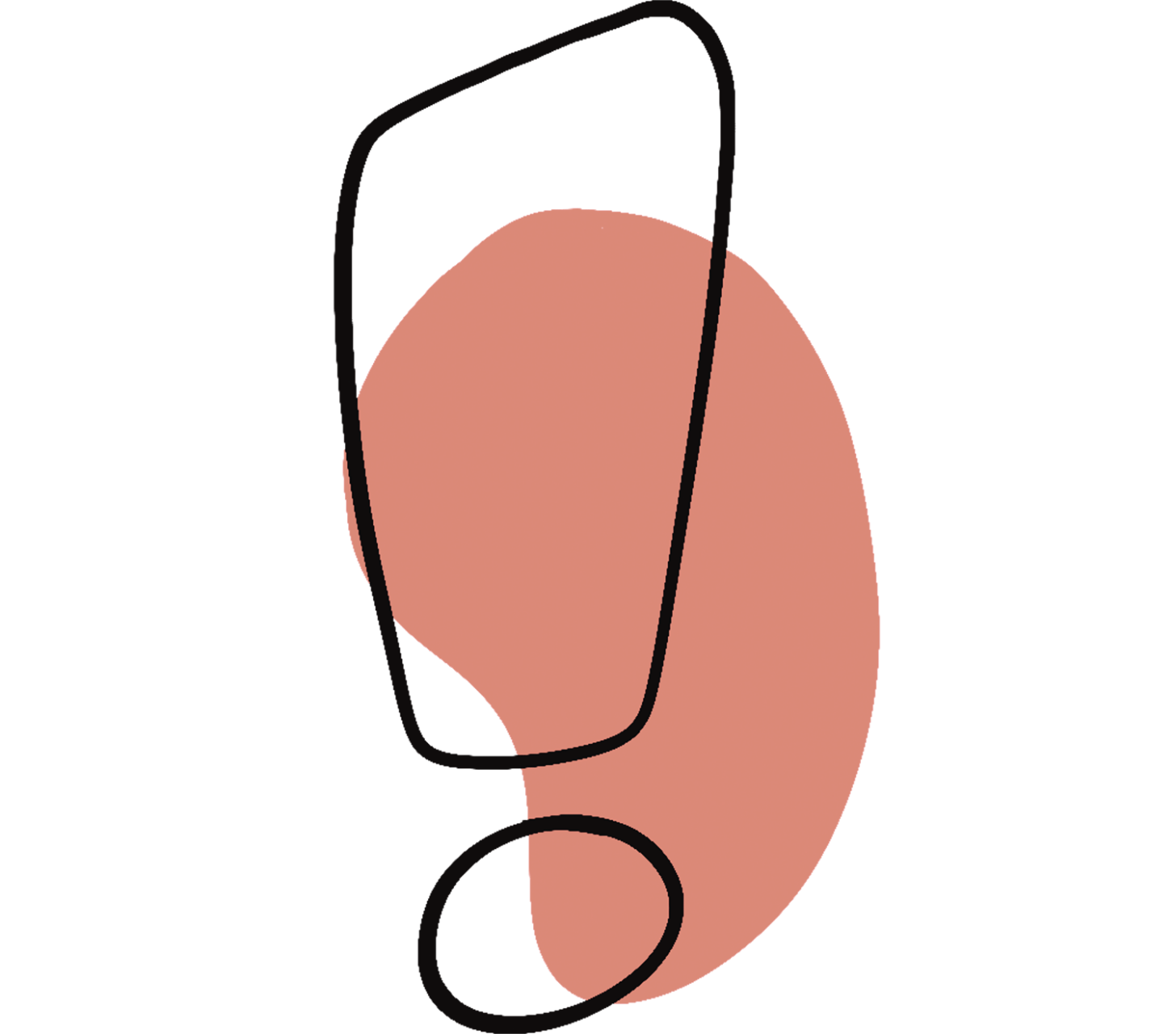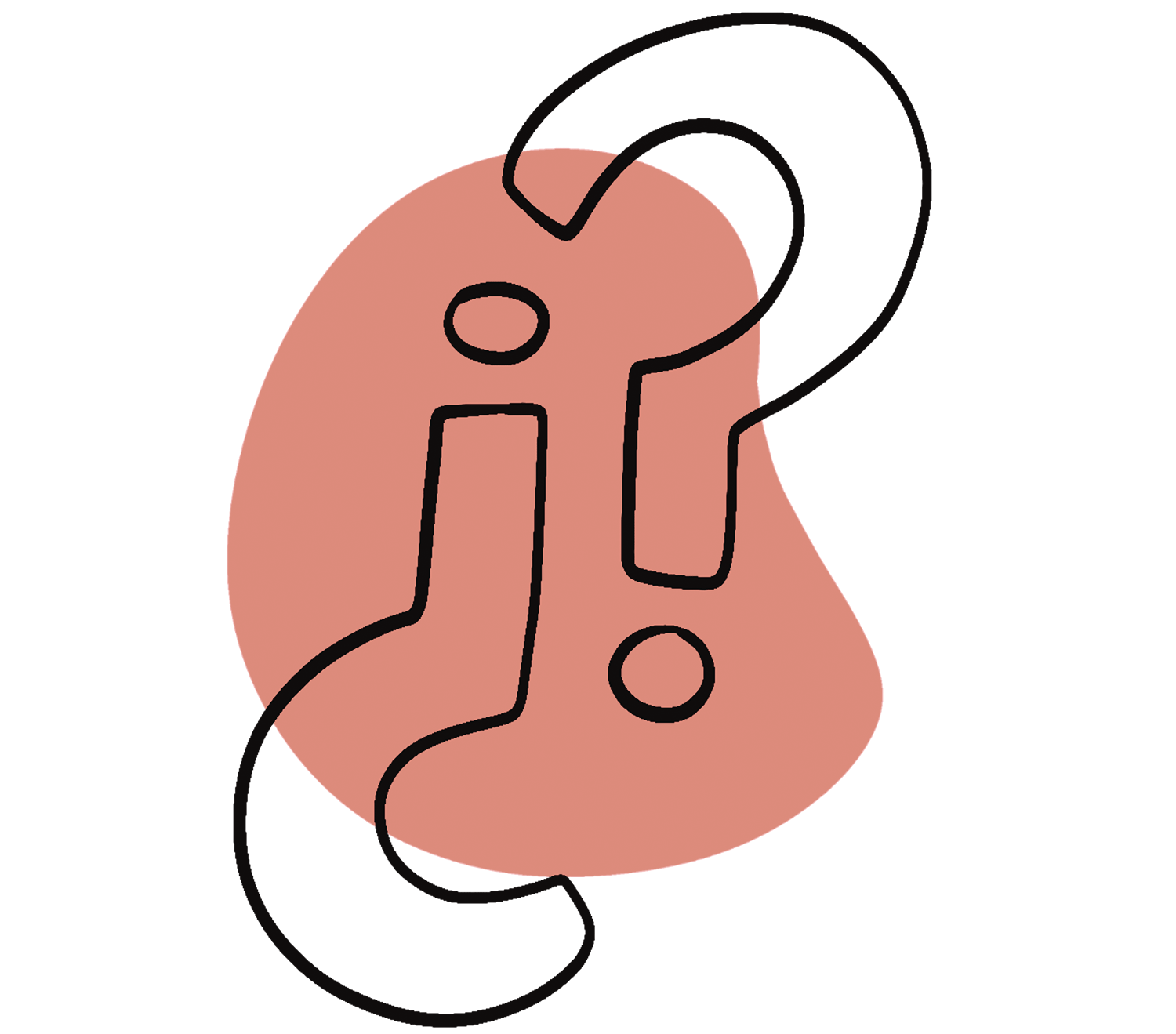If you are still at the very beginning of finding a topic for your academic paper, think about which subjects from your studies you would like to explore further, which professional direction you want to take, or which issues you care about. You can also use techniques such as Freewriting or Clustering. As soon as topics emerge that genuinely interest you, you should proceed more systematically to be able to decide on one of them.
To do so, you can use the following questions. Try to answer the questions in the table below for each topic that interests you. At this stage of your academic work, it is normal that you cannot answer all questions yet.
You will quickly notice:
- What genuinely interests you
- What is feasible
- What you need to narrow down further
- Where you still need to research

Your answers will form an exposé – essentially the travel route for your paper. You can change the route along the way, but those who set off without any plan rarely arrive on time or at the right destination.
| Topic | What will be the title of your paper (including a subtitle, if applicable)? |
| Research question | Which questions do you want to answer with your paper? |
| Goal | What goal should your paper achieve? |
| Short description | Which problem should your paper solve? |
| State of research* | What is the current state of research on your topic? |
| Theory* | Which theories will you refer to? |
| Approach/method* | How will you proceed to answer your question or solve the problem? |
| Outline | What will your preliminary outline look like? |
| Literature | Which are the most important sources you will likely use? |
| Schedule | Which schedule do you want to follow until the submission date? |
When registering your paper, you must also provide the title. The title of your paper appears on your degree certificate and will therefore accompany you for the rest of your life. It should be easy to understand and not too awkward or too long.

After registration, only editorial changes are still possible. The changes must not be so substantial that they appear to be a change of topic. Further changes are only approved by examination boards in exceptional cases.
To phrase your topic precisely and to work on it thoroughly, you should narrow it down.
1. Write down all ideas related to the subject area on a sheet of paper
Use methods such as brainstorming, mind mapping or an elevator pitch, if applicable. You can also formulate as many questions as you currently have about the topic or discuss it with others.
Elevator pitch: Imagine you meet an important person in the elevator. You have three minutes to present your current project as convincingly as possible.
2. Conduct a systematic search on the subject area
- Internet
- Databases
- Standard works
- Relevant academic journals
- OPAC, interlibrary loan if applicable
- Interviews and expert discussions with knowledgeable individuals
3. Sort your information
- Store information in folders (physical or digital)
- Name folders according to criteria (e.g., interesting links, subtopics, images)
- Create a preliminary table of contents or an overview in table form
- Remove unnecessary content
- Formulate key statements
- Determine the order
When narrowing down and formulating your topic, you should repeatedly ask yourself the following questions:
- What belongs to my topic, and what does not?
- Which considerations go too far when working on the topic?
- Which details can I leave out?
How can I narrow down the topic of my paper?
At the beginning, write down all ideas related to the subject area on a sheet of paper, conduct a systematic search on the subject area, and then sort your information. Finally, decide on a clearly defined question or task.
What do I need to consider when choosing the title of my paper?
Because the title of your paper appears on your degree certificate, it should be easy to understand and not too awkward or too long. You should avoid company or product names as well as abbreviations that are not widely known.
Can I change the title after registering my paper?
After registration, only editorial changes are still possible. The changes must not be so substantial that they appear to be a change of topic. Further changes are only approved by examination boards in exceptional cases.
This article was published in November 2025 and last updated in November 2024.








